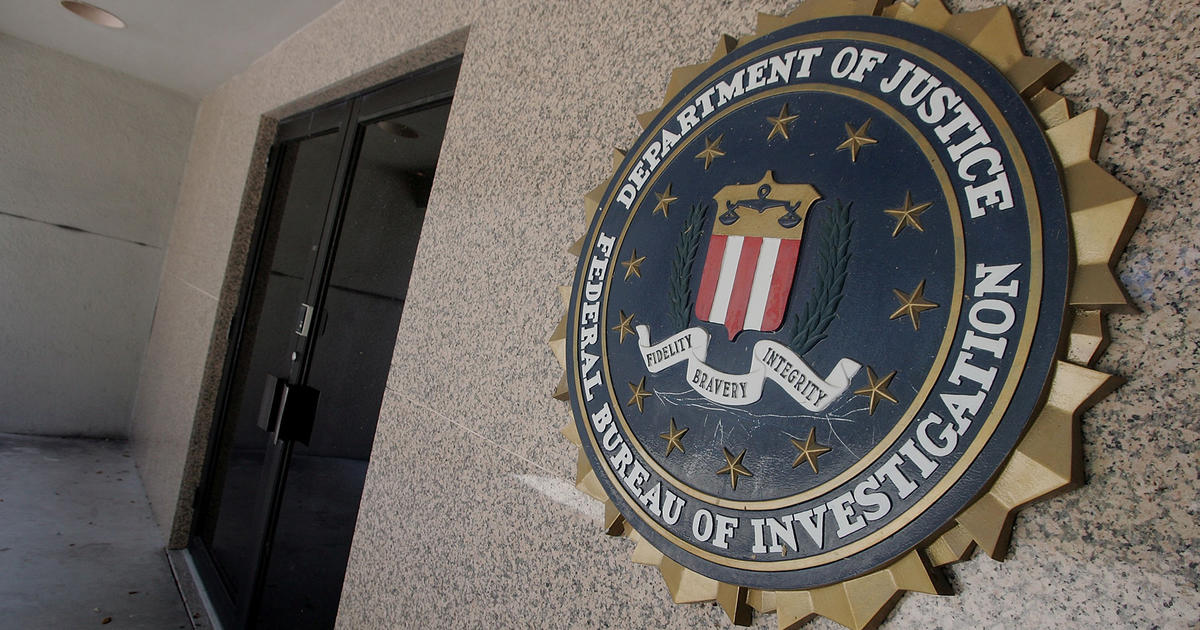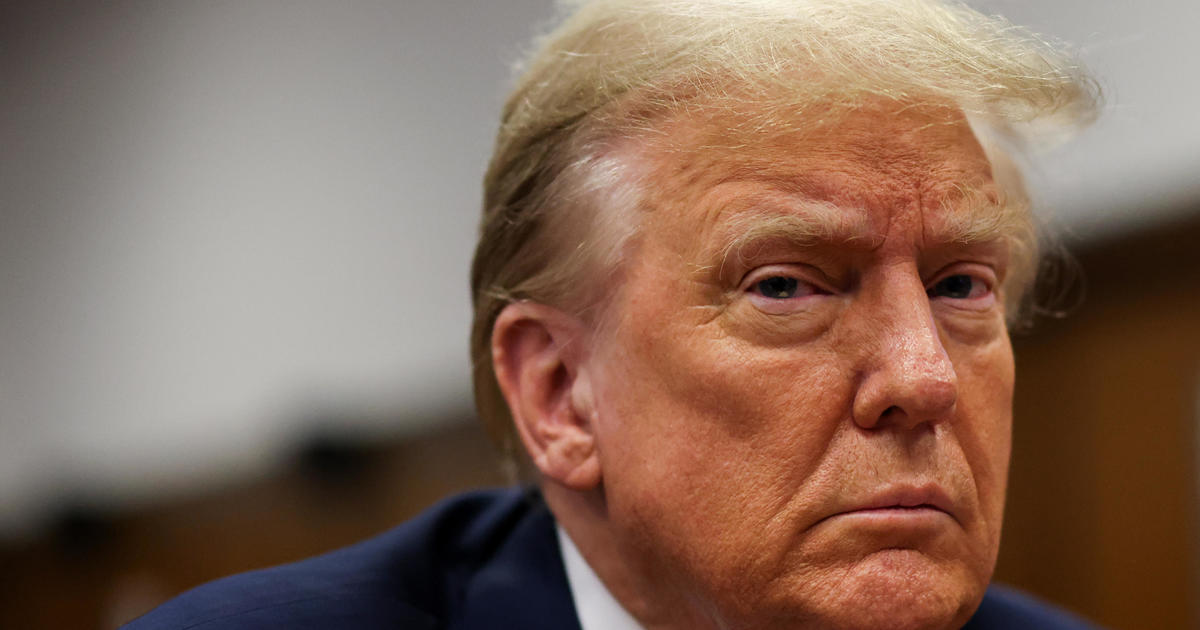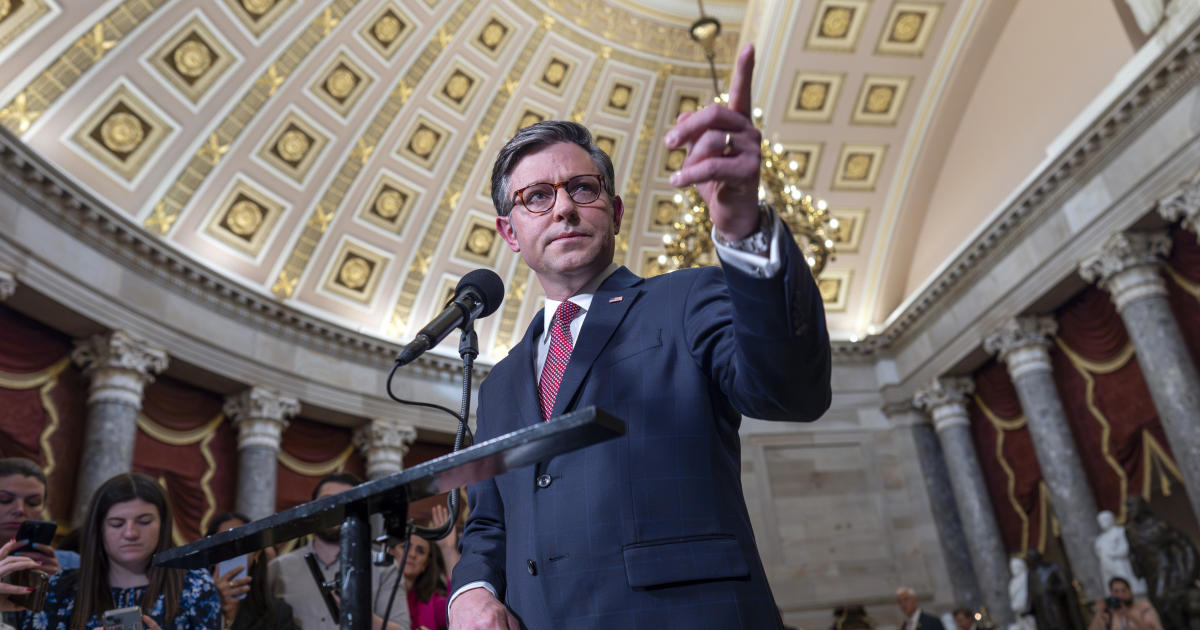Senate Democrats block $250 billion expansion of small business loan program
Washington — The Senate failed to approve legislation Thursday that would expand funding for the Paycheck Protection Program (PPP), which provides loans to small businesses to mitigate the economic fallout from the coronavirus pandemic. Republicans had hoped to approve an additional $250 billion for the program, which was established as part of the massive $2.2 trillion relief package signed by President Trump last month.
Senate Majority Leader Mitch McConnell tried to approve the measure by unanimous consent, which doesn't require the presence of a majority of senators, most of whom have returned home. He took to the floor Thursday morning to urge Democrats to support the measure.
"I'm literally talking about deleting the number '350' and writing '600' in its place," McConnell said, referring to the $350 billion originally allocated for the fund. "Do not block emergency aid you do not oppose just because you want something more."
Senate Democrats immediately held up McConnell's unanimous consent request, accusing Republicans of trying to ram through the expansion with no negotiation and calling for more funding for hospitals and state and local governments.
"The majority leader knew full well there was not agreement and consensus," Democratic Senator Chris Van Hollen of Maryland said. "This was in fact designed to fail, designed as a political stunt."
McConnell objected to the Democratic proposal put forward by Van Hollen. The Democratic senator then objected to McConnell's proposal. The Senate adjourned without approving any new funding for the PPP.
The Senate is officially scheduled to reconvene on April 20, but another "pro forma" session may be called before then to try to approve the additional funding.
In her weekly press conference, Speaker Nancy Pelosi called McConnell's a proposal a "stunt," saying he had rejected a "good faith offer" to negotiate with Democrats and figure out what amount of funding was needed where.
"Let's see the data," Pelosi said, referring to which businesses are being most harmed by the current economic situation. She called McConnell's proposal a "basis for negotiation," but said that it would not have passed in the House by unanimous consent.
Treasury Secretary Steven Mnuchin on Tuesday requested Congress approve additional money for the loan program, which is designed to help small businesses keep employees on payroll and cover their bills during the pandemic. The Trump administration has said that billions of dollars have already gone out the door, but many small businesses who have applied for the loans say they have yet to receive any funds.
Senate Minority Leader Chuck Schumer and Pelosi made further requests Wednesday for an interim legislative package in addition to the $250 billion loan expansion.
The Democratic leaders want $100 billion for hospitals and health systems to support rapid testing and personal protective equipment, $150 billion for state and local governments and a 15% increase in the maximum food stamp benefit for families.
Of the $250 billion for small businesses, Democrats called for $125 billion to be specifically for farmers, women, minority, family and veteran-owned businesses and nonprofits, and want to improve the loan program to ensure small businesses seeking loans are not rejected by banks.
However, Mr. Trump signaled that he would not support Democratic demands, and Senate Republicans appeared uninterested in negotiating.
"We don't have time for the partisan games," Mr. Trump said during the Coronavirus Task Force briefing at the White House.
Meanwhile, the Federal Reserve announced Thursday that it would take additional action to provide up to $2.3 trillion in emergency loans to support the economy, including bolstering the PPP by supplying liquidity to financial institutions providing the loans to small businesses.
The economic fallout from the coronavirus pandemic has been devastating. On Thursday, the Department of Labor announced that 6.6 million people filed initial unemployment claims in the week ending April 4, the third straight week of massive job loss.
Melissa Quinn contributed to this report.




